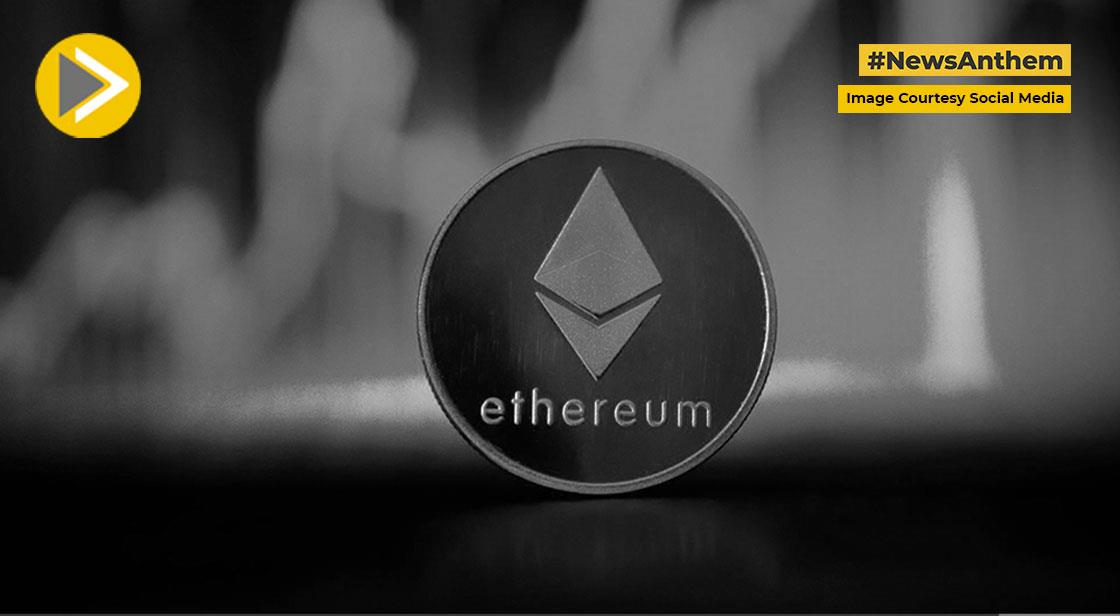Three Significant Changes To Ethereum As A Result Of The Merger

News Synopsis
At press time, it is expected that Ethereum's Merge, or the transition from proof-of-work to proof-of-stake-based transaction validation and settlement, will take place on September 15 around 1 a.m. ET, or 5 a.m. UTC. It's likely the most significant piece of crypto news since Three Arrows Capital's downfall in June.
The Merge, thankfully, is much more upbeat. If you're looking for a fundamental explanation or some last-minute tips on how to trade the Merge, we've got you covered. But since my job is to look at the big picture, here are the three most important things the Merge will change - and the one thing it will not change.
The most important thing the Merge WILL NOT DO is reduce Ethereum transaction fees. It's certainly what many users would have preferred, and infrastructure changes made in the Merge may eventually enable lower fees. But it won't happen right away.
That means that alternate layer 1 blockchains like Solana and Near, as well as layer 2 blockchains like Optimism and Polygon, which save users fees by "rolling up" batches of transactions to post to Ethereum, will continue to have a serious place in the crypto world.
The Merge is expected to reduce the network's overall energy consumption by more than 99% by removing computationally intensive proof-of-work mining from Ethereum. The environmental impact of proof-of-work mining has been a major impediment to blockchain adoption in general for at least five years, and the transition has at least two specific catalytic implications for Ethereum.
First, as argued in a recent Bank of America report, some institutions or other investors who were previously hesitant or unable to invest in proof-of-work systems will now be able to stake Ethereum. Given the bear market, this is unlikely to be an instant sea change, but it could have huge implications for crypto's next bull cycle.
Just three weeks before the Merge's expected date, financial regulators at the U.S. Treasury Department's Office of Foreign Assets Control (OFAC) dropped a bombshell on the crypto world by sanctioning the Ethereum-based Tornado Cash mixer. Many unknown implications remain, but many developers and node operators decided they needed to protect themselves by unilaterally censoring Tornado Cash transactions.
Fortunately, the fourth major impact of the Merge is much more positive: it is one of the first major examples of a globally coordinated network transition in crypto. Bitcoin has had its own drama with upgrades and forks, but nothing like the Merge.
While Ethereum has a significant advantage due to the leadership role of the Ethereum Foundation and co-creator Vitalik Buterin, it is still a massive, global ecosystem whose stakeholders have all had to stay on the same page throughout the complex Merge process.









